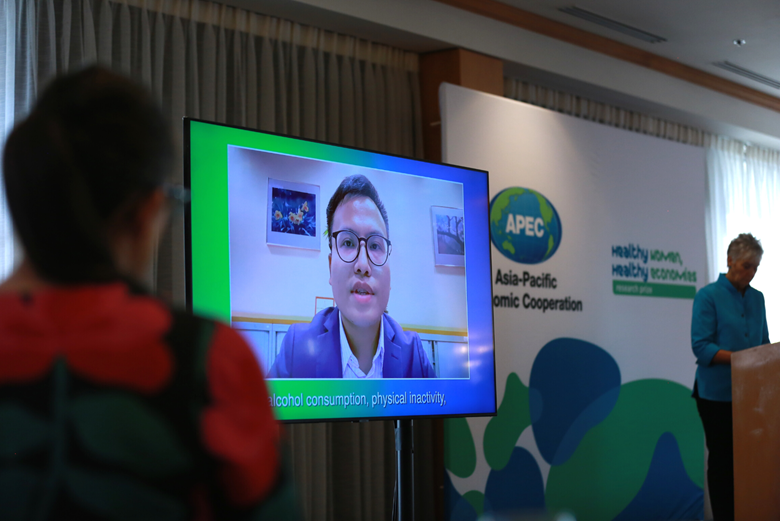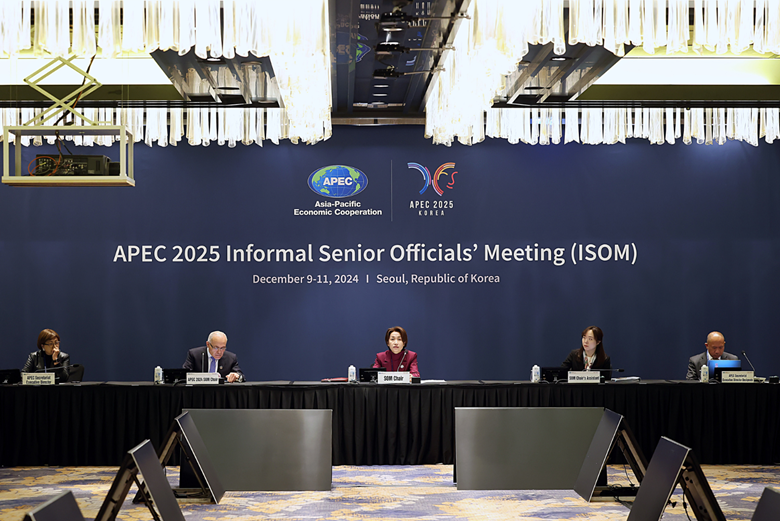















A matter of urgency
As a matter of urgency, APEC must promote supportive and enabling economic and trade policies to drive recovery. Maintaining economic stimulus will help to re-energise consumer demand, revive businesses confidence and investment, and create jobs. At the same time, sound economic governance and renewed action on structural reform will be a prerequisite for sustained growth and future prosperity.
Beyond economic growth
This work is not just about restoring economic growth, but also about developing regional economic policy that is responsive to digital innovations, inclusion imperatives and the impacts of climate change.
Policy discussions to promote wellbeing
The region’s recovery will be stronger if governments exchange knowledge and experience. To achieve this, New Zealand will promote discussions on macro-economic and structural policy responses to COVID-19. APEC will bring an economic wellbeing perspective to its discussions, to broaden APEC’s conversations and encourage a recovery that is inclusive, sustainable and resilient.
A new structural reform instrument
Fiscal pressures resulting from the response to COVID-19 make effective structural reforms all the more important. APEC needs to give priority to this agenda to drive medium-term growth and support macro-economic stability. In 2021, APEC will agree a new structural reform instrument to replace the Renewed APEC Agenda for Structural Reform. This new agenda will help lay the foundation for a strong and sustainable economic recovery, and will be a mechanism to enhance collaboration between economies in the COVID-19 context.
Reforming the services sector
New Zealand seeks ambitious recommendations for APEC on opportunities to make progress on services competitiveness, supporting growth prospects for services-dominant firms and businesses that make use of services. Reform of the services sector also has significant potential to drive future growth in the region, especially in the context of the COVID-19 recovery.
Support the multilateral trading system
Recent years have seen skepticism about the ability of the rules-based system to cope with increased protectionism, unilateral trade actions, and increased government support to certain sectors. In the coming year, New Zealand will seek to use APEC as a forum for constructive engagement with a view to rebuilding confidence in, and support for, the multilateral trading system.
Regional economic integration
To revitalize trade and support economic recovery, APEC must continue its core work on economic integration in the region. While in the past two decades tariffs in the region have gradually decreased, trade and economic settings in some sectors continue to be distorted by high tariffs. Nontariff barriers have also increased over this time. These are estimated to cost APEC economies three times as much as tariffs. It is more important than ever therefore that APEC members find ways to make it easier to trade, invest and do business across the region. This includes increasing capacity, trust and technical cooperation to enable economies to participate in high quality free trade agreements. To this end, New Zealand seeks progress in 2021 on a Free Trade Area of the Asia-Pacific (FTAAP) based on the APEC Putrajaya Vision 2040.
The flow of essential goods
The COVID-19 crisis has disrupted international supply chains and affected trade in essential goods such as medicines, medical supplies and equipment, agriculture and food products. While this has not happened to the extent initially feared, many distortionary measures remain in place and there is an urgent need to ensure supply chains remain open, functional and resilient. To achieve this, in 2020, APEC Trade Ministers issued the Declaration on Facilitating the Movement of Essential Goods. A priority for APEC’s work in the coming year will be the implementation of this declaration including the identification of “essential goods” and the pursuit of opportunities for continued tariff liberalization, removal of non-tariff barriers, enhanced trade facilitation, and the avoidance of any unnecessary trade-restrictive measures. Enabling the successful distribution of vaccines throughout the region will be particularly critical. As part of APEC’s work to build on the Trade Ministers’ Declaration on Facilitating the Movement of Essential Goods, economies should cooperate to ensure the free flow of inputs to the vaccine manufacturing process, and the readiness of vaccine supply chains from factory gate to port of delivery.
Non-tariff measures
New Zealand seeks work on non-tariff measures to improve trade facilitation for essential goods. New non-tariff measures were put in force since the pandemic. These measures were needed in order to cope with changes in trade patterns, deal with constraints from lockdowns and to minimize health risks. These were practical responses to the pandemic, but many were also effective in harmonizing and simplifying border procedures.
Movement of essential people
In response to COVID-19 many economies have placed restrictions on the movement of people across borders in order to prevent the spread of the virus. In the coming year, economies will have the opportunity to discuss their experiences and the ways in which they may be able to better facilitate the essential movement of people across borders in a safe manner. This would allow a reconnection with global markets, while maintaining the required measures essential for public health efforts.






